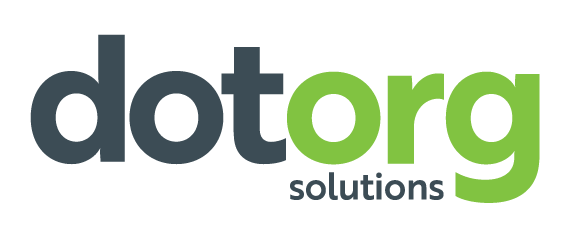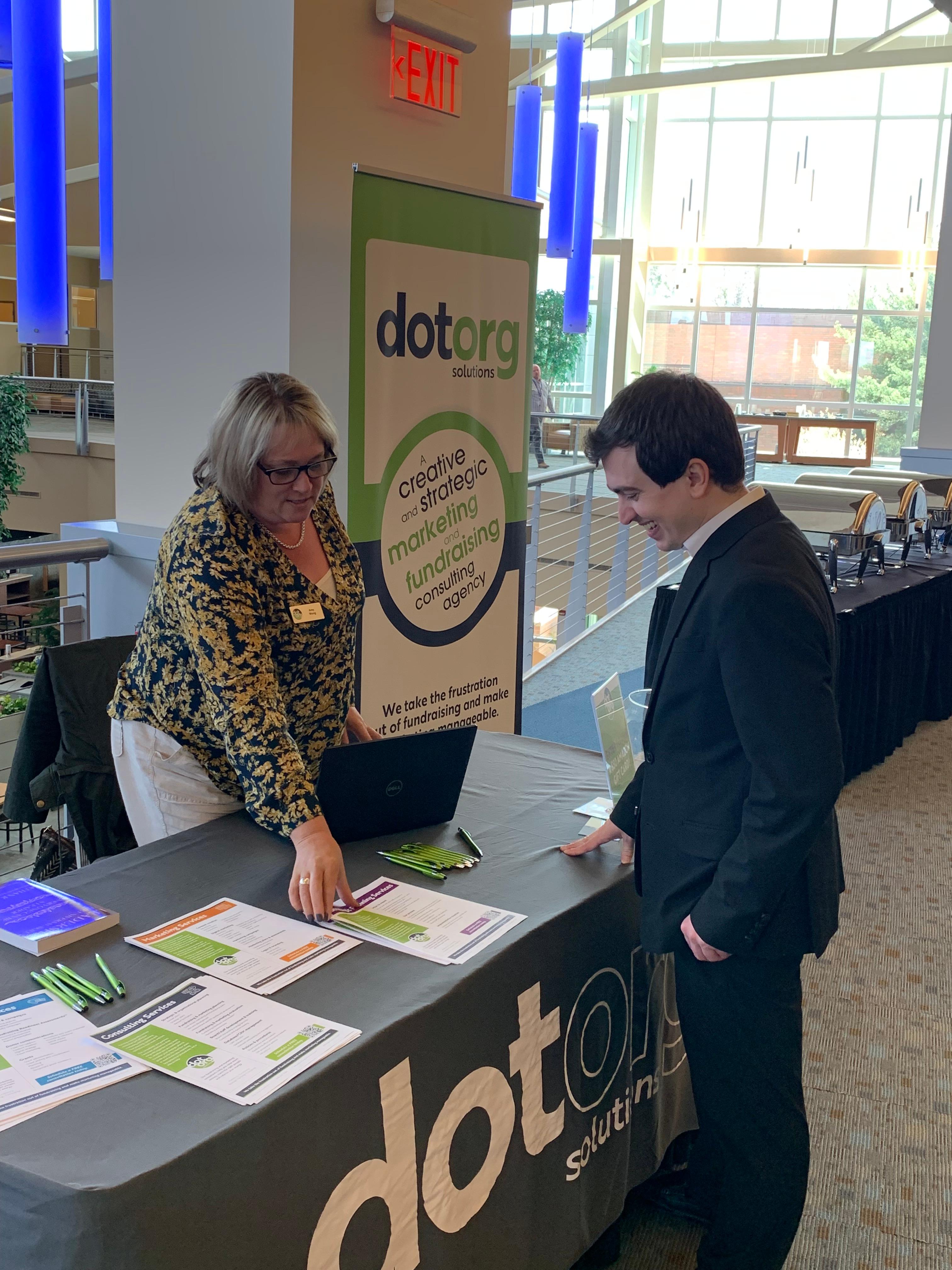10 ways to get the most out of a conference
People have the best intentions and plan to get the most out of a conference when they go. But the reality is, for many of us, the conference excitement and motivation are often short-lived and few of those great ideas ever see the surface. I’m certainly guilty of a post-conference slump and often unearth my typed or handwritten notes months later (or longer) only to find I have little recollection of what those notes mean.
But over the years, I learned to make the most of the conferences. The companies and organizations I worked for invested heavily in sending me, so I figured it was in my best interest to bring back some of that knowledge and use it by following the 10 guidelines below. In the process, I’ve become a better conference attendee, put more ideas into action, learned LOTS, seen new places and met amazing people.
1. Set a goal.
Setting a goal for a conference may seem a little silly. But honestly, when is the last time you attended a conference and knew what you wanted to accomplish by going? Think about what a successful conference would mean for you. Are you looking for a new vendor? Wanting to learn new things about a particular topic? Seeing a new career path? Or, maybe needing a little extra inspiration.
(Wondering if it is time for a new vendor? Read our blog “You know you have a good vendor when”)
2. Have a plan.
We all get busy and sometimes preparing to leave for a conference is a last-minute endeavor (I am notorious for packing late into the night). Schedule time a week or two ahead of the conference to plan your conference experience. Download the app, if there is one, and learn how to use it. Pick your sessions ahead of time. Look at the vendor lists, speaker sessions and other activities and add them to your agenda. See if there are any good raffle giveaways or incentives. Planning early will help you make the most of the conference and reduce stress once you get there.
3. Prepare to leave and be as unavailable as possible.
Your organization is investing in your professional development. So, when you get to the conference, BE ALL IN at the conference. Don’t skip sessions or read emails during them. Use your breaks to network, not manage things back at the office. A few weeks before the conference, send an email to let people know you will be gone. Prep your team on current and upcoming projects and how to manage issues without you. Turn on your out-of-office message for your email and voicemail. Yes, emergencies do happen. But generally, our connection to the office is due to a lack of planning or the need to micromanage everything.
4. Learn something completely new.
Over the years, I have attended conference sessions where I knew the topic well but thought I may get some extra insight by going. I usually left those sessions disappointed, not because the speaker didn’t cover the material well, but because I had the wrong expectation of what was going to be discussed. Once I started going to sessions on topics I didn’t know much about, I learned about so many new things that I could use to help me in my job, and it made the conference more rewarding.
5. Sit with people you don’t know.
This one may be hard for the introverts, but I can speak from experience that I have met some very interesting people at conferences (and other events) just by sitting at a random table. Some have become life-long business associates, others have been hugely beneficial contacts at certain points in my career. Attending conferences with colleagues is great, especially when there are travel snafus. But meeting new people is part of the conference experience. If you are traveling with colleagues, agree ahead of time to split up and even attend different sessions if the schedule works out that way.
6. Visit the vendors.
We’ve all avoided the dreaded eye contact with the vendors. But they play a huge role in making conferences successful and affordable for attendees. They also generally have great swag and even some fantastic raffle prizes to give away. So, give them a chance. See what they have to offer and open your horizons to possibly working with someone new who could be helpful to you and your organization.
7. Attend the fun activities.
It’s easy to want to skip the fun activities, especially if you have been traveling or have small children and just want to nestle in your hotel room with the remote to yourself! While not all conferences have side trips or activities, many do. These activities can range from live music and dinner to game nights and galas. I’ve been to some conferences where these activities are VIP events that aren’t available to the general public.
8. Explore your surroundings.
If the conference is in a city you have never visited before (or one you love, but don’t get to often), take some time to explore. Plan an evening out or add some extra time to your trip (on your own dime, of course) so you can see beyond the conference center and hotel walls. I’ve taken fabulous duck boat tours in Seattle and Boston that didn’t take too much time but showed me the highlights of the cities. I’ve eaten at some great restaurants just by doing a little research. And I’ve explored national parks. Taking the extra time is a great way to sightsee, but also provides an important break between work and the conference.
9. Create a post-conference action plan.
Hopefully at this point you have experienced an awesome conference, are inspired to do some new things and have renewed energy. But you got back to the office and immediately got caught up in the fray of your job. If you ever hope to implement any of those amazing conference ideas, you need to create a post-conference action plan. Schedule time for yourself (put it on the calendar) and review your notes. Categorize the things you want to do into 30, 60 and 90-day slots.
(Download our FREE “Post Conference Action Plan”)
10. Report back and share the knowledge.
How many of us come back from conferences and never share a bit of information with our teams? I can raise my hand for sure. The knowledge at conferences can be valuable to people other than you, so consider reporting back on what you learned, what may make work easier or better for your colleagues and what you plan to put into action. Don’t forget to thank the person who approved your trip.
Conferences are an investment by you and your organization. They are a great way to add some spark to your job, provide you with new information and even challenge you to try new things. Here’s hoping you get the most out of every conference you attend.
Like what you read? Subscribe to our weekly blog and it will be delivered directly to your inbox!

Amy Wong, president, Dot Org Solutions
Amy believes the world is a better place because of the special work that nonprofits do for our communities for making them better places to live, work and raise families. And as president of Dot Org Solutions, she is a champion for small businesses for the role they play in creating jobs, delivering important products and services, and keeping the economy strong.

